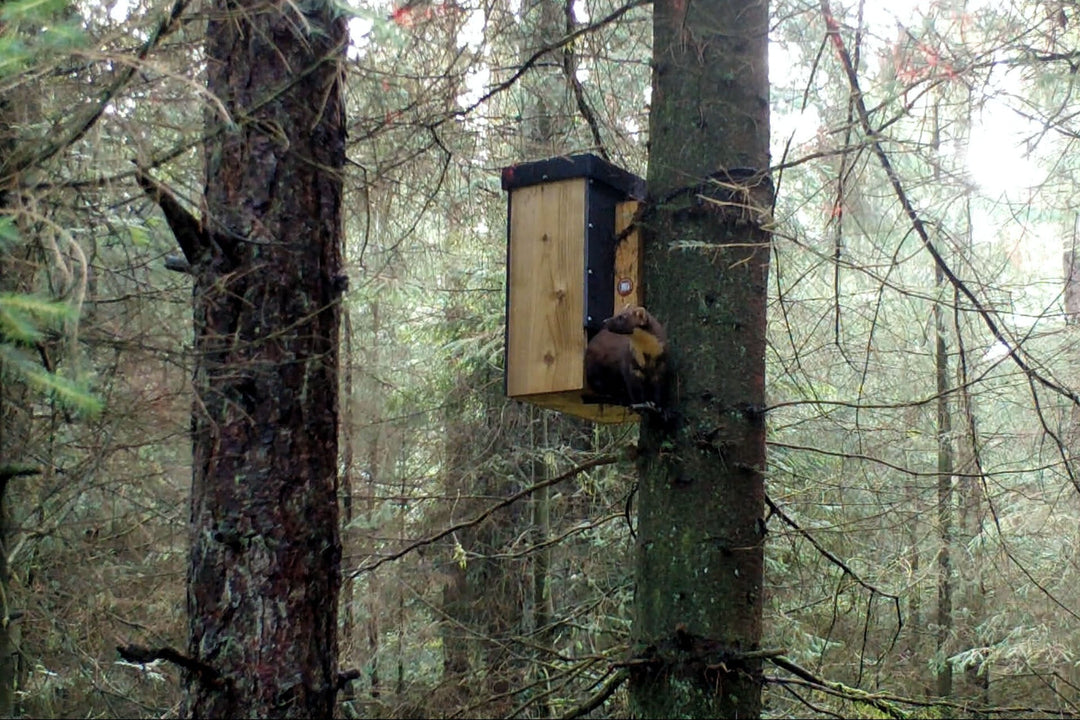The Wood River Wolf Project actively promotes the coexistence of livestock and wolves by employing non-lethal measures to prevent wolf predation on livestock.
The project started in 2008 in Blaine County, Idaho, as a short-term study to understand the effectiveness of nonlethal methods to deter wolves from preying on livestock. 14 years on, the project has experienced tremendous success through an engagement programme that works with local stakeholders to support coexistence between the people, their livestock and wolves.
Of the 20,000 sheep grazed in this landscape, an average of just 5 per year are lost to wolf predation and only one wolf has been killed in response to depredations since the project efforts began. These sheep losses are 90% lower than those reported elsewhere in the state. The Wood River Wolf Project has proven that their non-lethal methods to deter livestock predation are at least 3.5 times more effective than traditional lethal wolf control measures.





